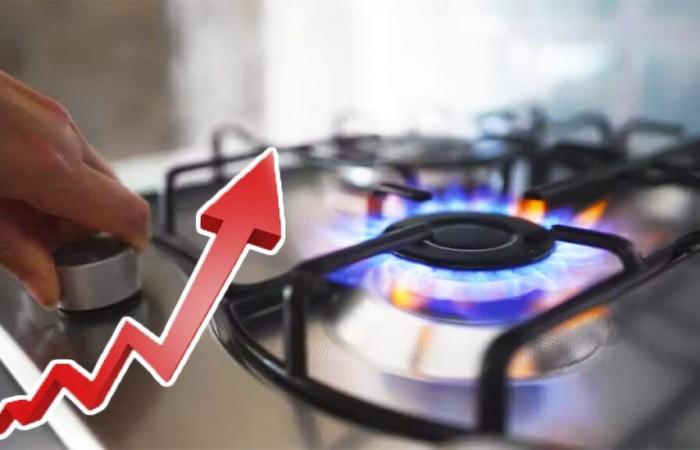Hide summary
Winter is fast approaching, and the first chills are being felt. With temperatures plummeting, French households are preparing for a inevitable increase. That of their gas consumption, but also of a particular tax.
This precious fuel, used by nearly 11 million homes for heating or cooking, becomes an even more essential resource when the cold sets in. But now at the start of 2025, in the middle of winter, a spectacular increase in the gas tax will further increase the bill.
Gas, an essential ally in the face of the cold
It's still autumn, but the cold is already showing its nose. Some departments have even already had their first snowflakes, even in the plains.
When it's cold, heating systems run at full blast to keep our homes comfortable. This represents more than 60% of household energy consumptions during this period. However, this increase in consumption is not without consequences.
To have
Towards a new surcharge which should affect 12 million French people: the amount to be expected
Poorly insulated homes make the problem worse. Each draft of cold air forces the boilers to work even more, thus increasing consumption and, therefore, the bill. As if that were not enough, the regular increases in energy prices add to budgets.
While the French are already struggling to absorb these increases, the increase in this gas tax risks hitting even harder from next January.
An exploding tax
From January 2025, part of the gas bill will experience a major upheaval. Concretely, the VAT applied to the subscription will increase from 5.5% to 20%as reported The Internet user. This adjustment, intended to align France with European rules, will result in a nearly four-fold increase in this specific tax.
If this seems trivial to some, the impacts will quickly be felt. Let's take the example of a gas subscription costing 20 euros per month. This VAT increase adds around 2.50 euros per month, i.e. 30 euros over a year.
Certainly, the individual amount remains limited, but for millions of households, these sums accumulate and weigh heavily on purchasing power.
To have
All French people strongly impacted by this new tax, “Pay to throw away”
What to do about this increase in gas tax?
For households, this increase requires reflection on their consumption and their contracts.
First of all, it is crucial to check the end of validity of your current contract. Fixed rates generally do not cover augmentations de taxes. When they expire, the new contracts are likely to be much more expensive. In fact, the subscription will be impacted by this new tax and already increasing basic prices.
Then, isolation becomes a top priority. Reduce heat loss allows you to limit gas consumption and achieve significant savings. Existing financial aid to support this work. MaPrimeRénov', for example, encourages households to invest in sustainable solutions.
Finally, it will be necessary to monitor the evolution of the price of gas per kilowatt hour. If this falls in the coming months, this could partially offset the impact of the increase in the Subscription Tax. But this hypothesis remains uncertain, especially after the significant fluctuations linked to recent years.






